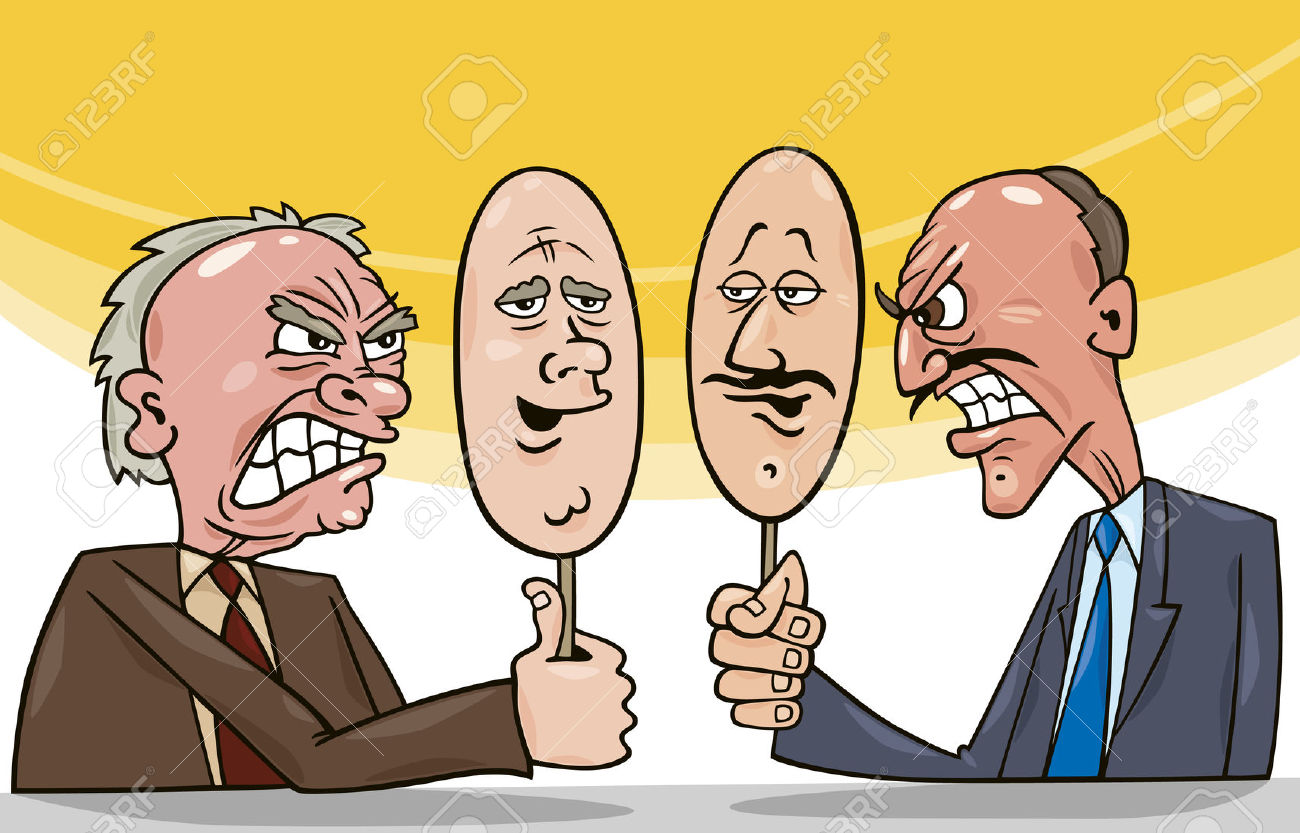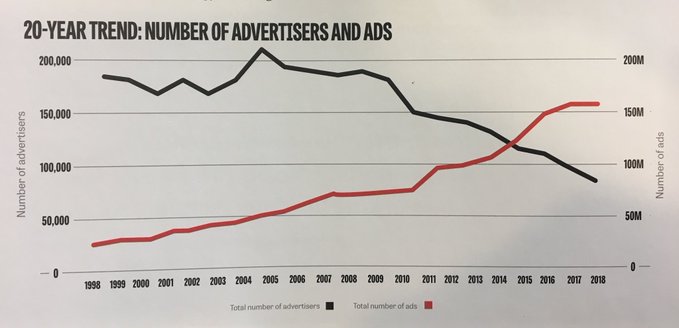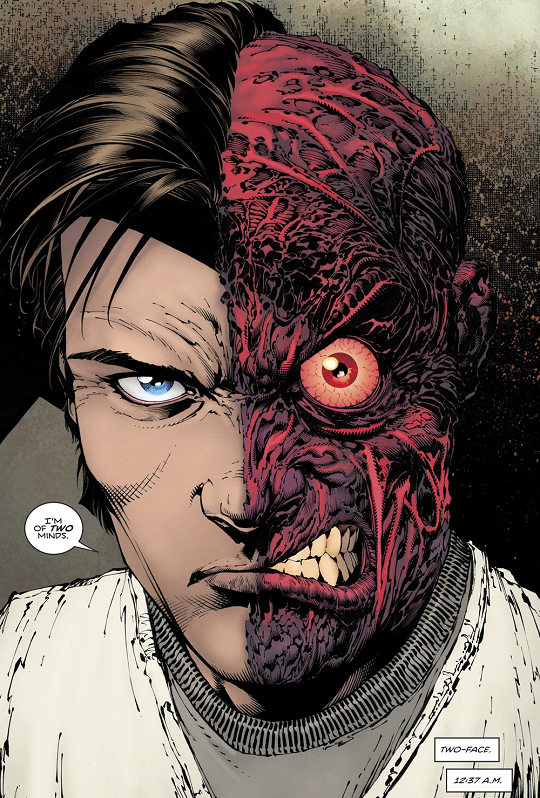Creativity, gumption and… diplomacy.

So we all know that creatives need to be creative. And last week I made the case for adding gumption to your skill set. But there’s one more ability you’ll require if you want to do well in an ad agency:
Diplomacy.
Just to be clear, diplomacy isn’t necessarily Machiavellian machinations, or smarmy charm. My dictionary tell me that it’s merely ‘skill in handling affairs without arousing hostility’.
Coming up with a great idea is one thing, but you need to know how and when to introduce it effectively, such that it gains positive acceptance, allowing it to move more smoothly through the ongoing layers of evaluation and execution.
If you bring it up in your office, accompanied by a subtle dig about your AD’s recent painful divorce, it may not get to the CD. Layer on the self-deprecation (‘You’ll probably think this is shit, but I did have this thought that could be dreadful, but… OK, I’ll just say it…’) and you might find that people see the worst in your idea before it has a chance to spread its wings . Chuck it into the room just after everyone’s agreed how great the other idea is and you might as well have wiped your bunghole with it.
(As a tip, I always found Friday mornings were best. There’s something about Friday mornings, and the way they tended to presage an informal half day, that put everyone in a better, more receptive mood.)
As in all areas of life, ad agency diplomacy could take many forms:
Laugh heartily to make someone look silly for even suggesting that thing you want to avoid (John Hegarty was known for doing this one).
Find an excellent piece of reference, or a brilliant old ad, to support your point (but say something that offsets the concern that you’re all about to steal something, like ‘Not exactly this, but something like the way the rabbit meets the frog’).
Add the words ‘to your point’ to make it seem like the whole thing was inspired by someone else in the room, bringing them onto your side.
Wait till the meeting’s over, then have a quiet chat with the real decision maker away from the ears of anyone who might piss on your idea.
Leave it till tomorrow because today’s vibe is just wrong.
Agree enthusiastically with the thing you don’t want, go to the loo, then come back pretending that you’ve suddenly come up with a great way of improving (destroying) that thing.
Get the other attendees of the meeting on your side before the meeting, so they’ll back you up in the meeting. Even the smartest CD or client can be swayed by unanimous supportive opinion.
Flatter your CD by telling them how much this ad reminds you of something great they once did.
You could try the ‘no diplomacy’ route, and in an ideal world these tactics wouldn’t be necessary, but let’s face facts: we all do this kind of thing all the time, often without even being aware of it, so why not do it at work?
Yes, Some people might actually appreciate you who presenting your work with grumpy aggression, because that might show how you’re so dedicated to the idea that you will not stand on ceremony. Good luck with that. I’ve seen it work, but not often. The vast majority of people prefer to avoid confrontation, and even if they appear politely receptive, that’s usually just a cover for some negative reactions that are coming down the pipe.
Treat the selling of your ad like any other brief: communicate its qualities in a way that will leave a positive impression.
Or go batshit crazy and cross your fingers.


